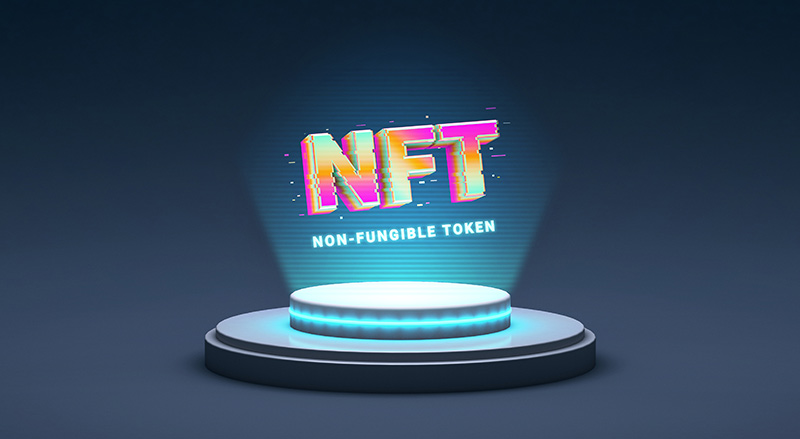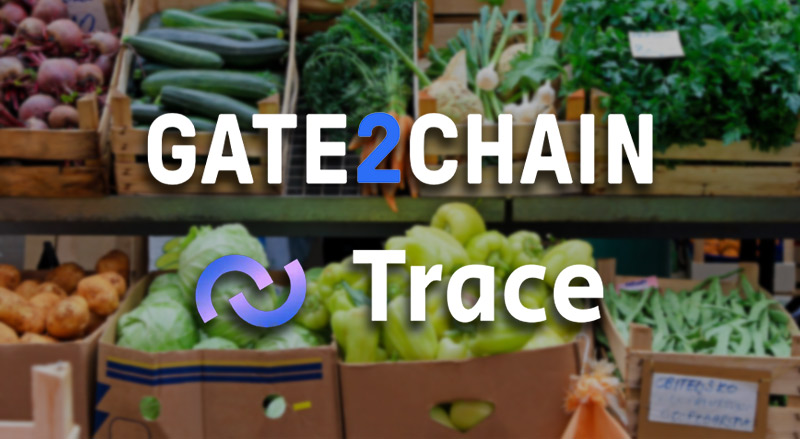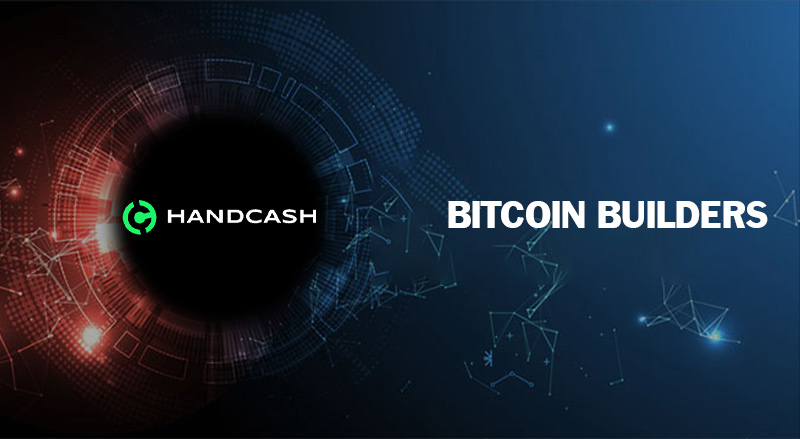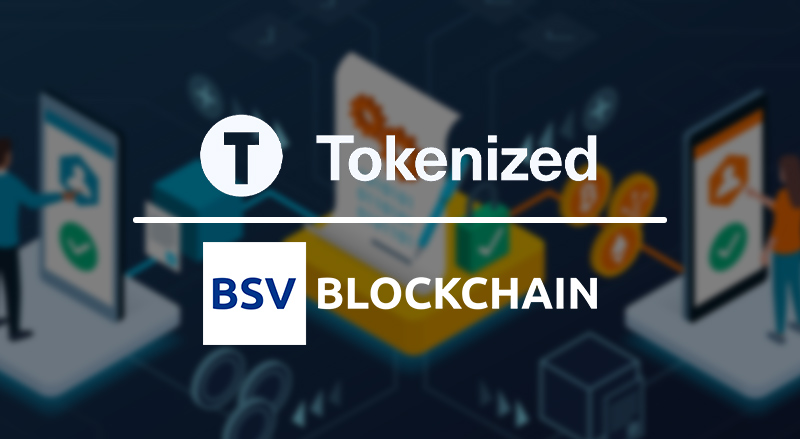-
Exploring the potential for NFTs in government record-keeping

NFTs, or non-fungible tokens, have primarily been associated with digital art and collectables. However, regulators and governments around the world are increasingly looking at how NFTs and blockchain technology can apply to their processes.
-
Tokenising processes

In the third session, Wright discussed tokenizing processes and how putting products on-chain can directly benefit companies and consumers. He drew from a real-life example dealing with shipping in Mumbai and how the process was weighed down by endless pieces of paperwork, stamps, and signatures.
-
Tracking food from farm to table with Gate2Chain and Trace

Knowing the origin of food allows us to monitor and regulate its safety. By tracking the source, we can identify potential risks such as contamination, pesticide use, or improper handling and take appropriate measures to mitigate them.
-
General ledgers and controls

In the second session in Zurich, Dr Wright discussed general ledgers and controls and asked members of the audience how triple-entry accounting and mapping transactions on-chain can be used in real-life use cases.
-
Double-entry accounting vs blockchain’s triple-entry ledger

In the first session, Wright explained that the reason double-entry accounting was created was to solve some of the problems with error entry—with a double-entry book, two columns need to match, creating a check and a balance.
-
Guiding users through web3 with HandCash

HandCash is one of the most popular wallets in BSV. While they have nailed payments in the past, Brandon Cryderman shows us why HandCash is also the go-to wallet for web3.
-
Building a new smart city on Blockchain

While blockchain is often considered alongside the financial benefits it can offer, it will also revolutionise how we live.
-
Smart contracts and record-keeping for enterprises with Tokenized

Businesses around the world are facing increased scrutiny around their record-keeping practices with potential fines rising into millions of dollars and even potential jail time. This is especially true in the private market sector which has traditionally not faced as much regulatory pressure.
-
Revolutionising content monetisation with LaMint

LaMint paves a new way for content monetisation for content creators by using micropayments to monetise interactions on social media.
-
The future of micropayments: Implications for government funding and accountability

While micropayments are often closely associated with enterprises and online shopping, they could also prove to be a significant benefit to governments around the world. This includes everything from revenue collection to service delivery and promoting small businesses.